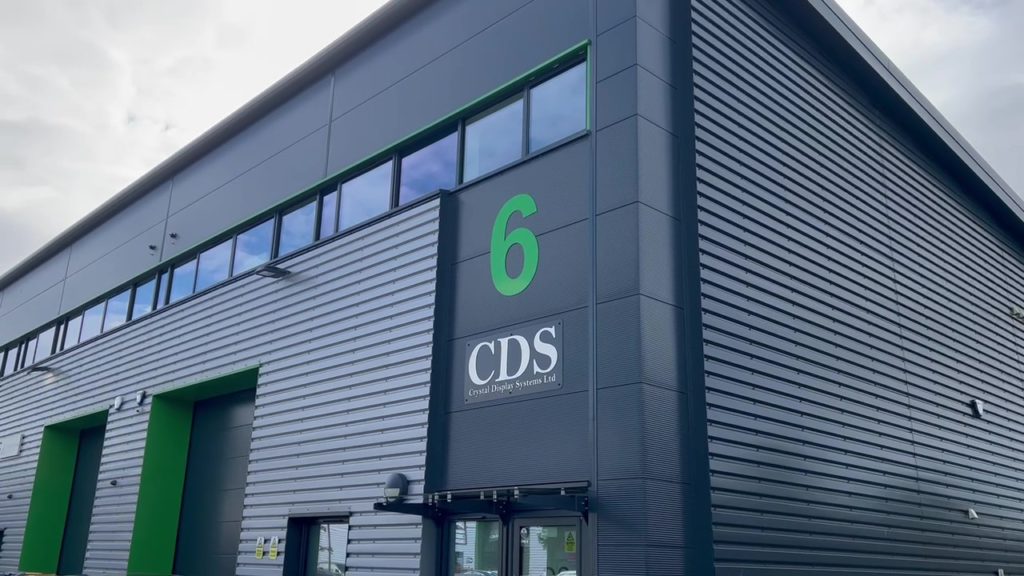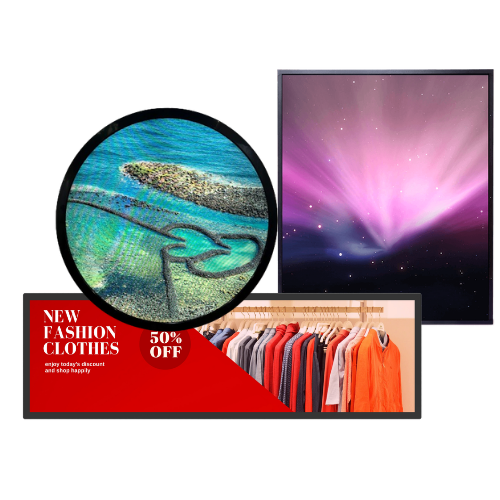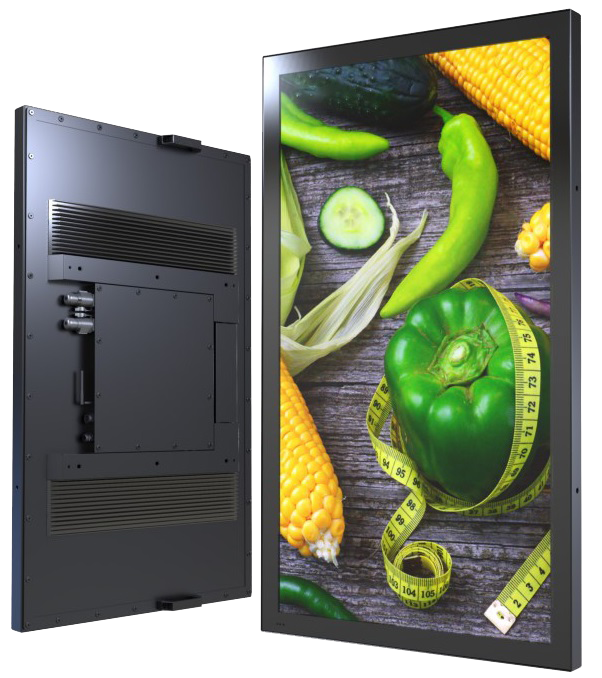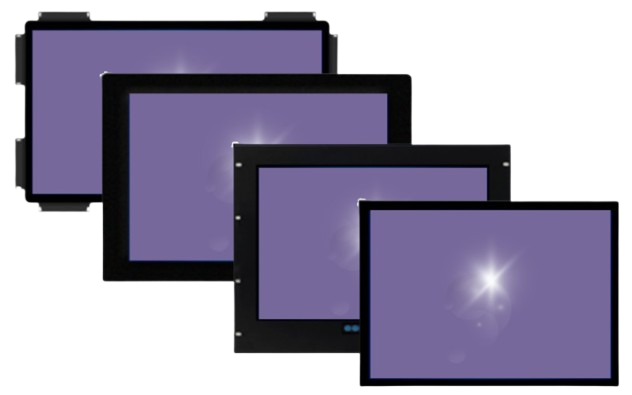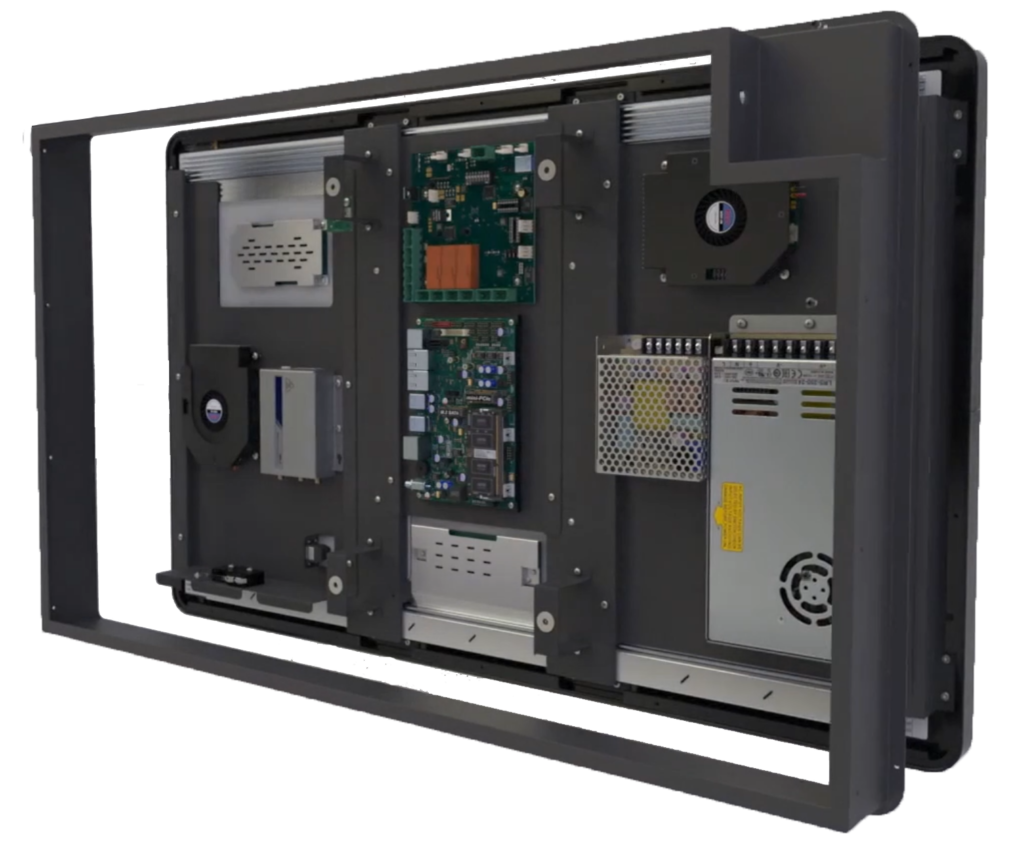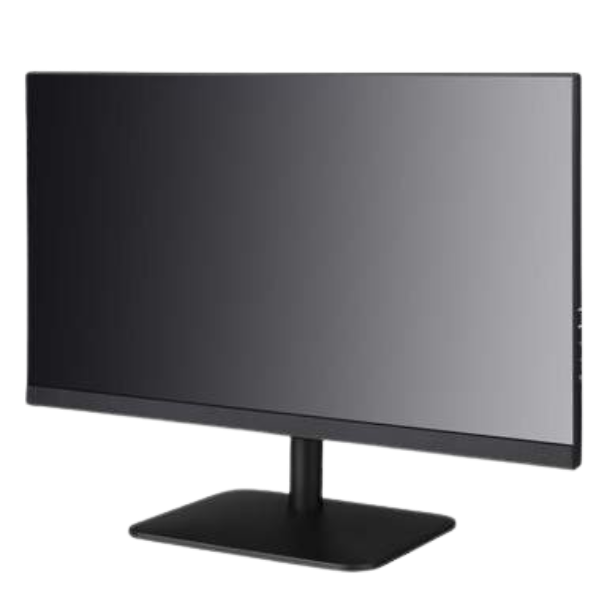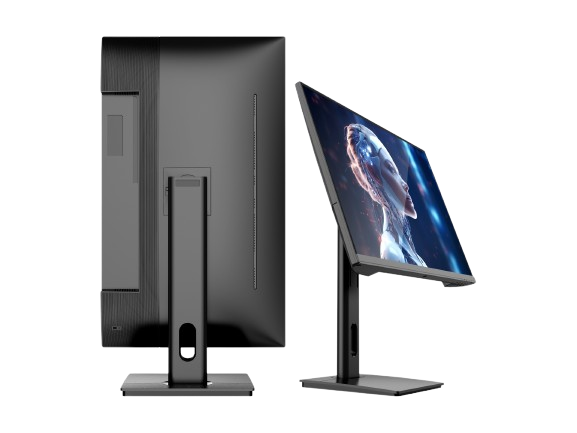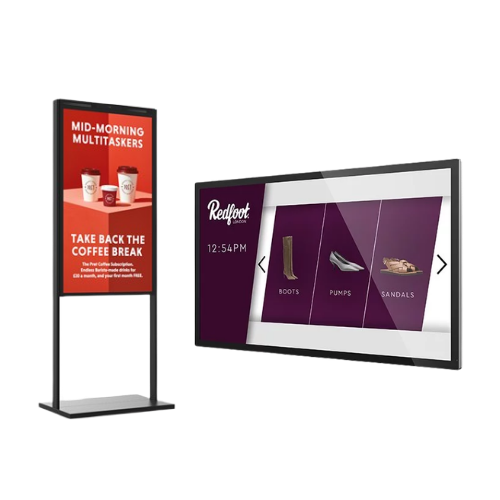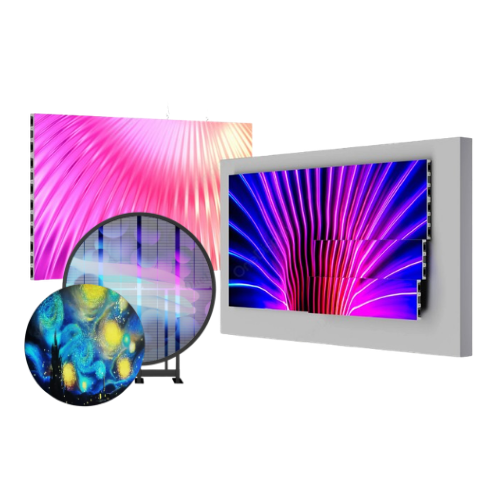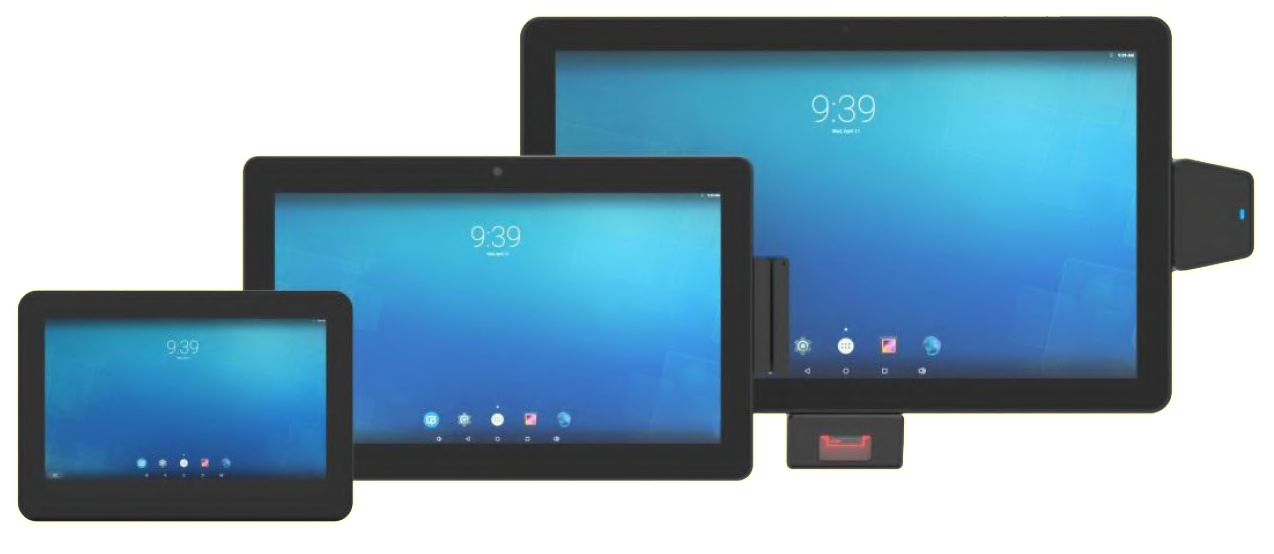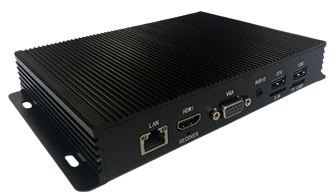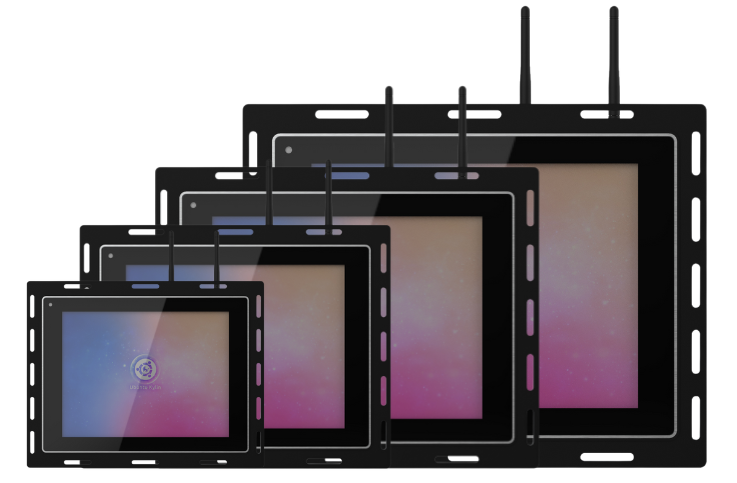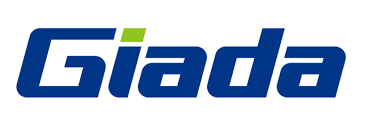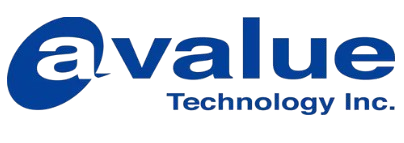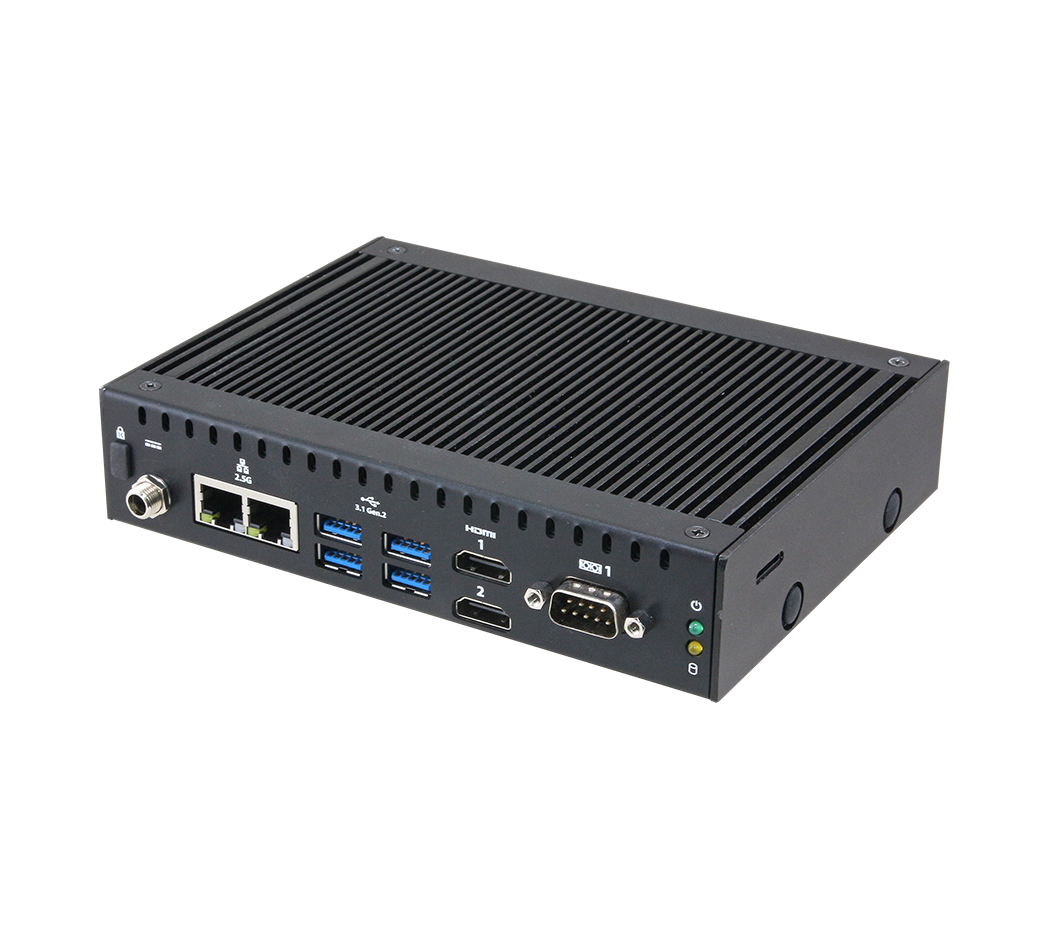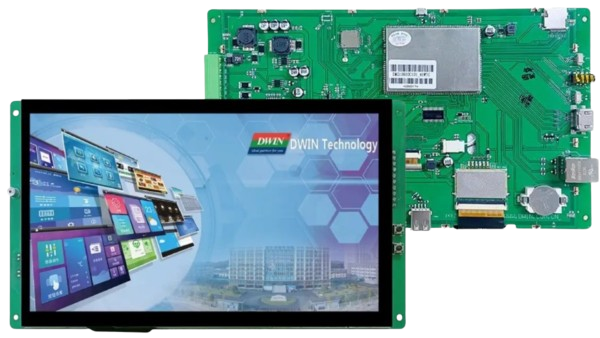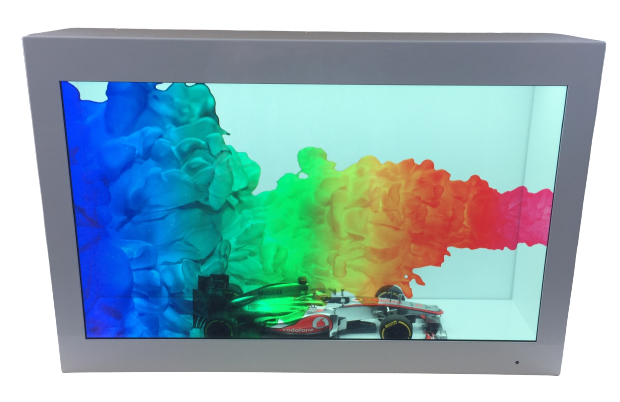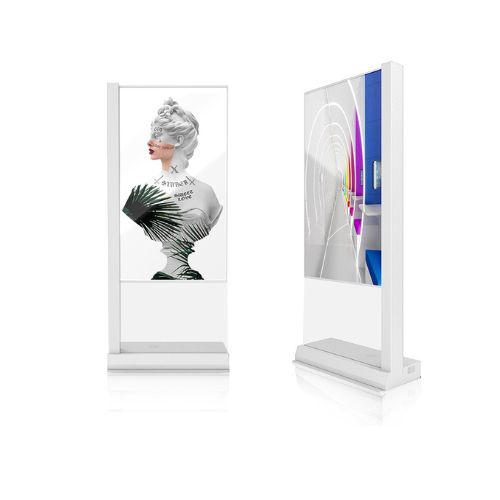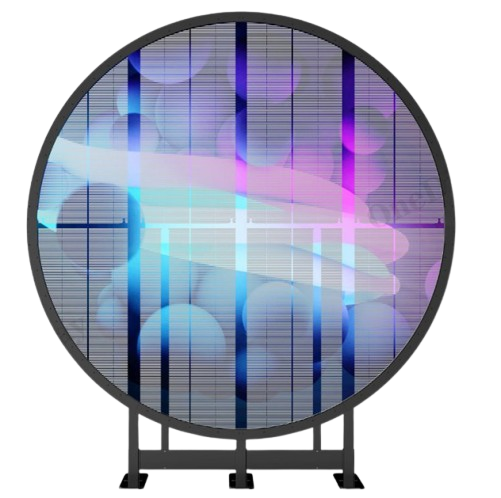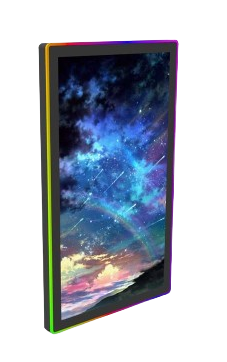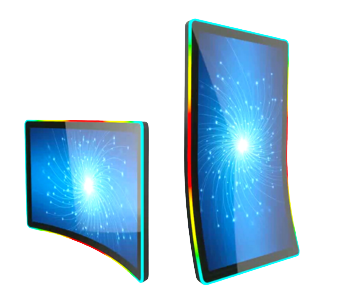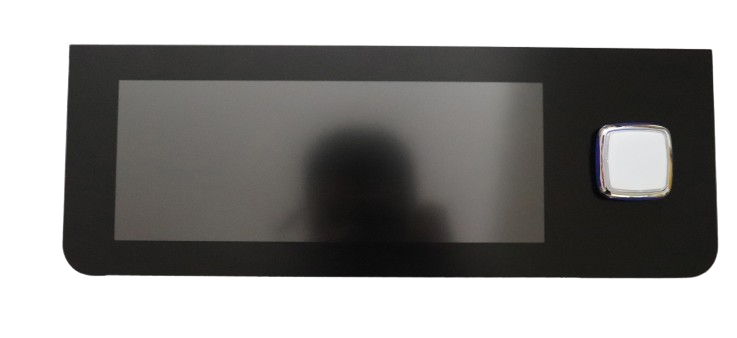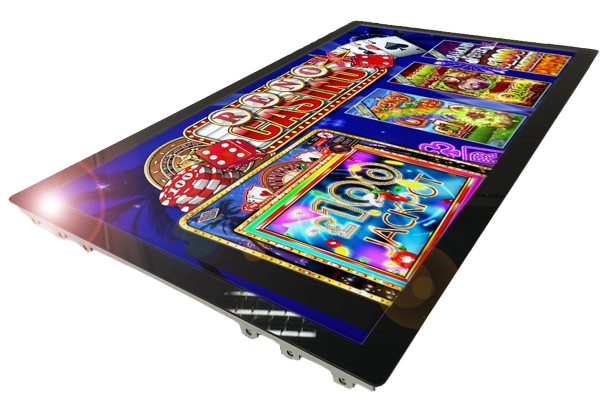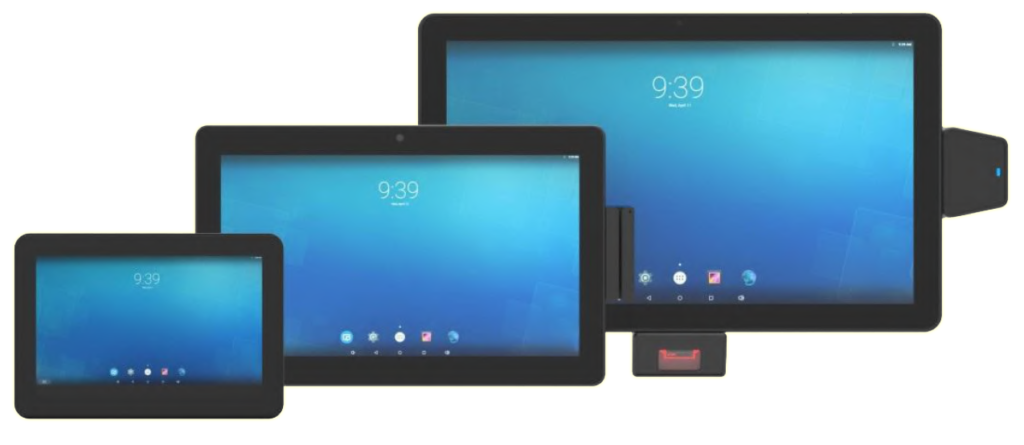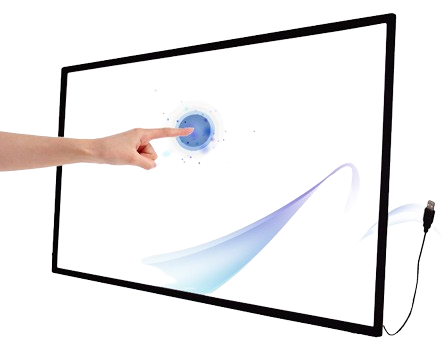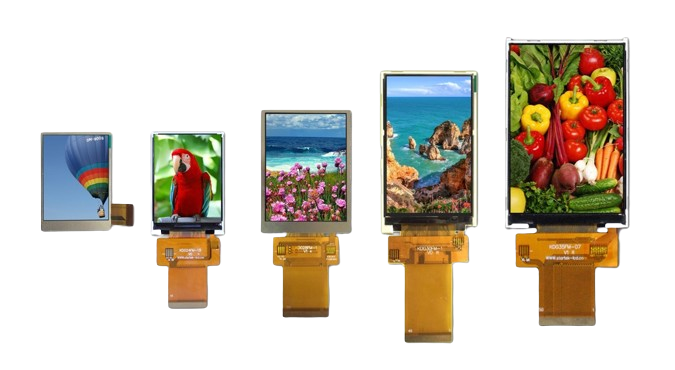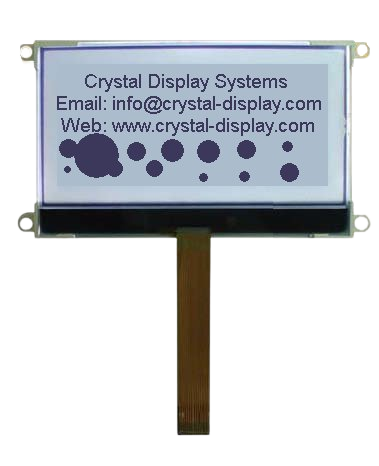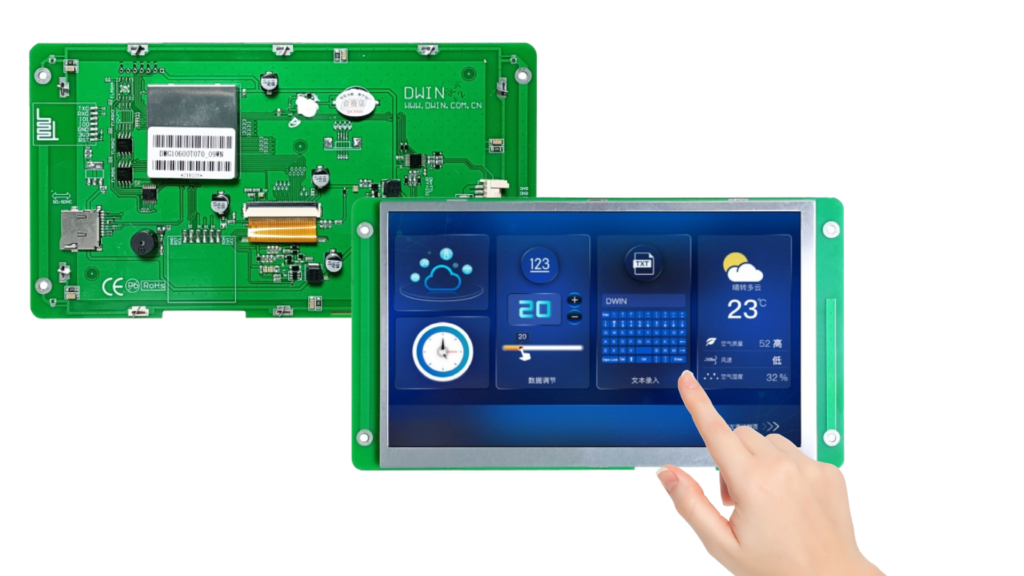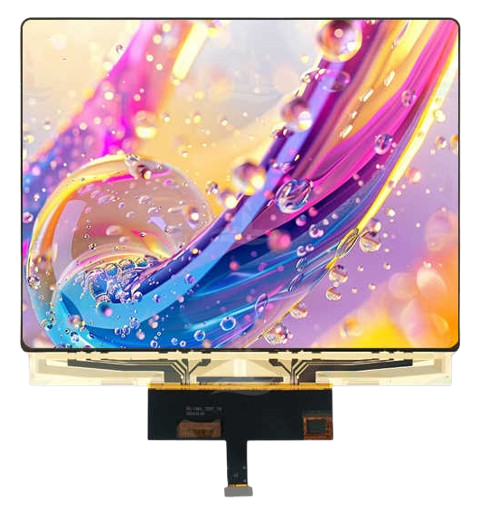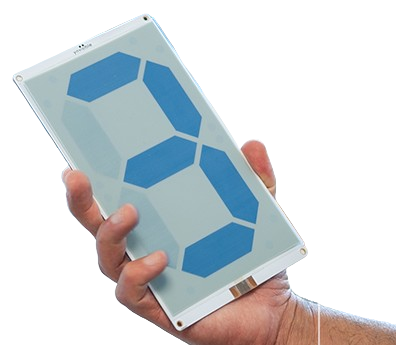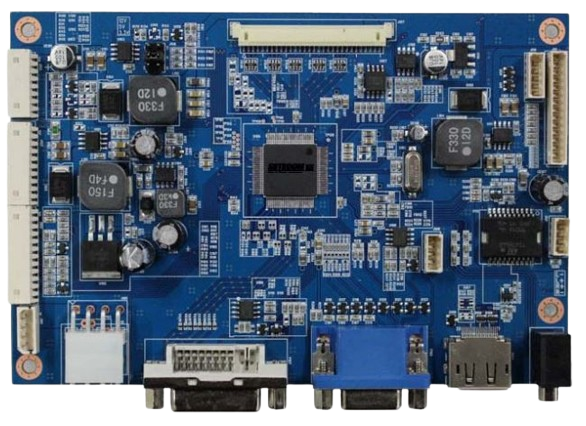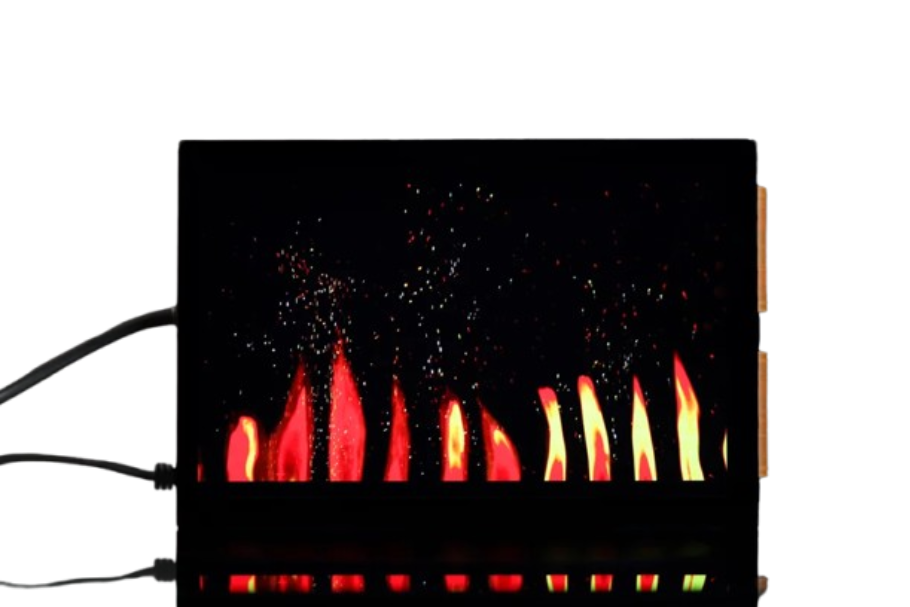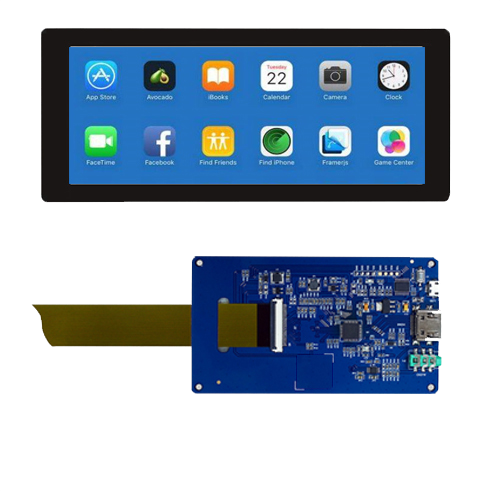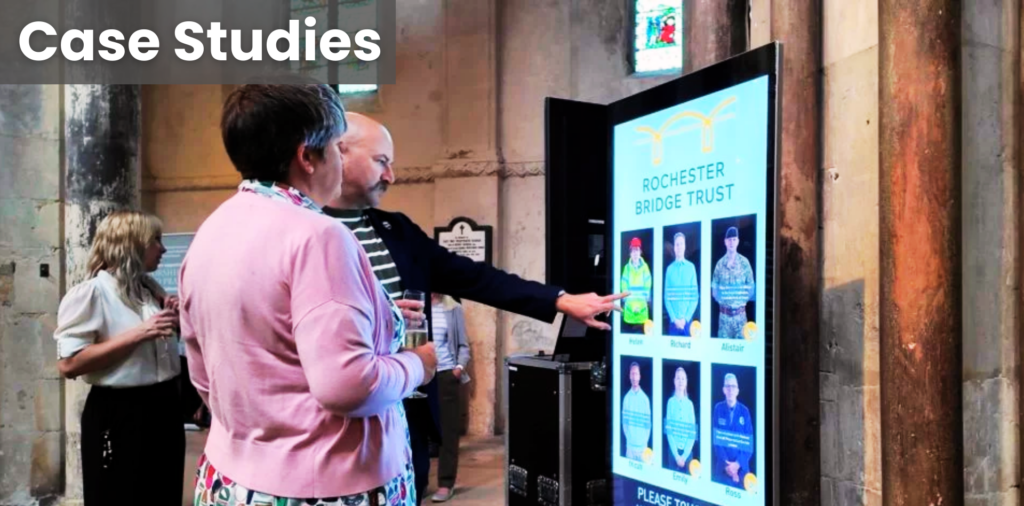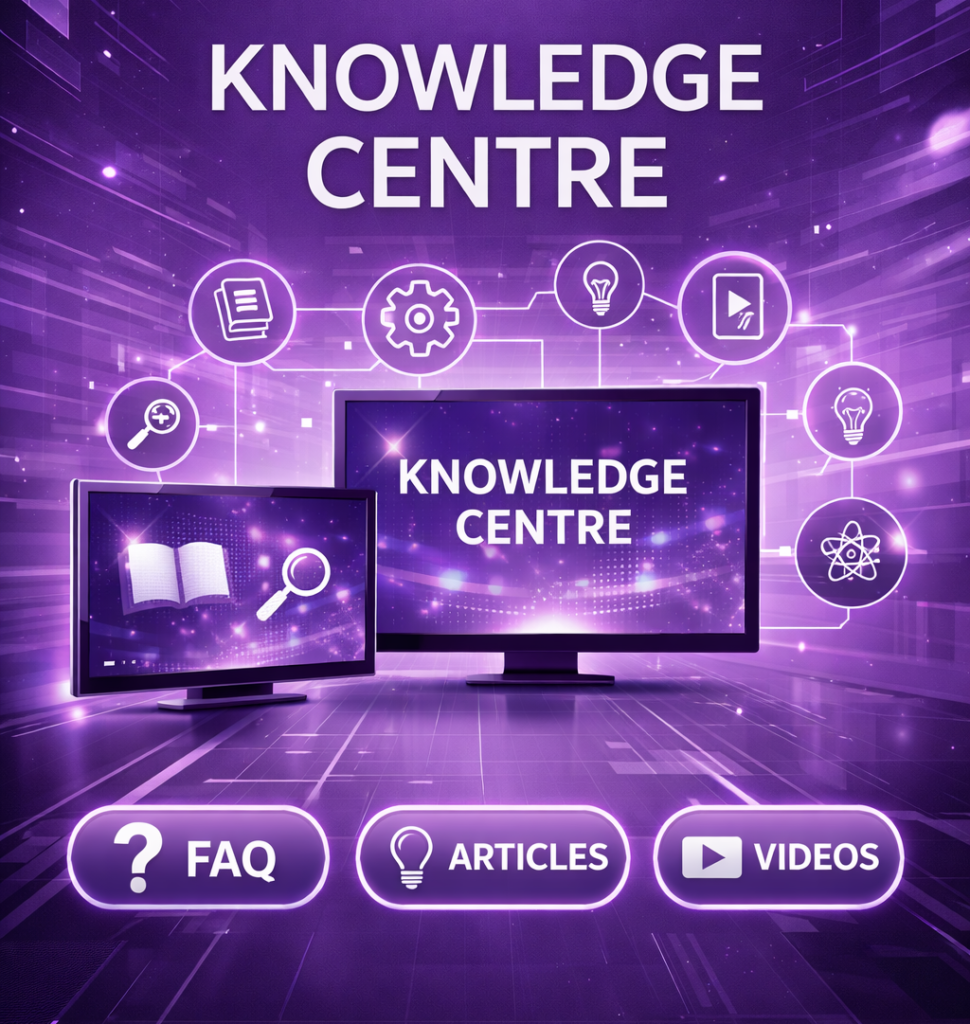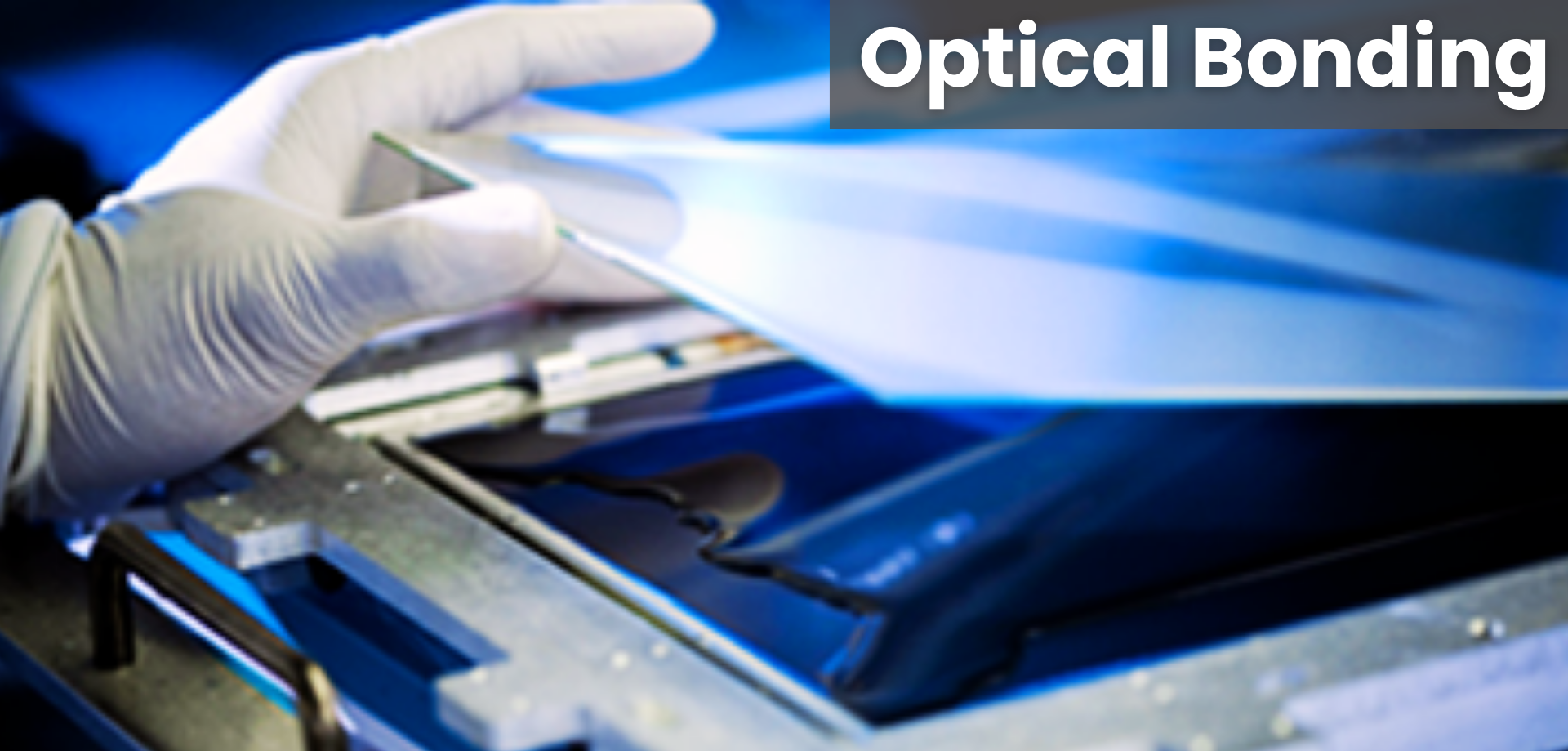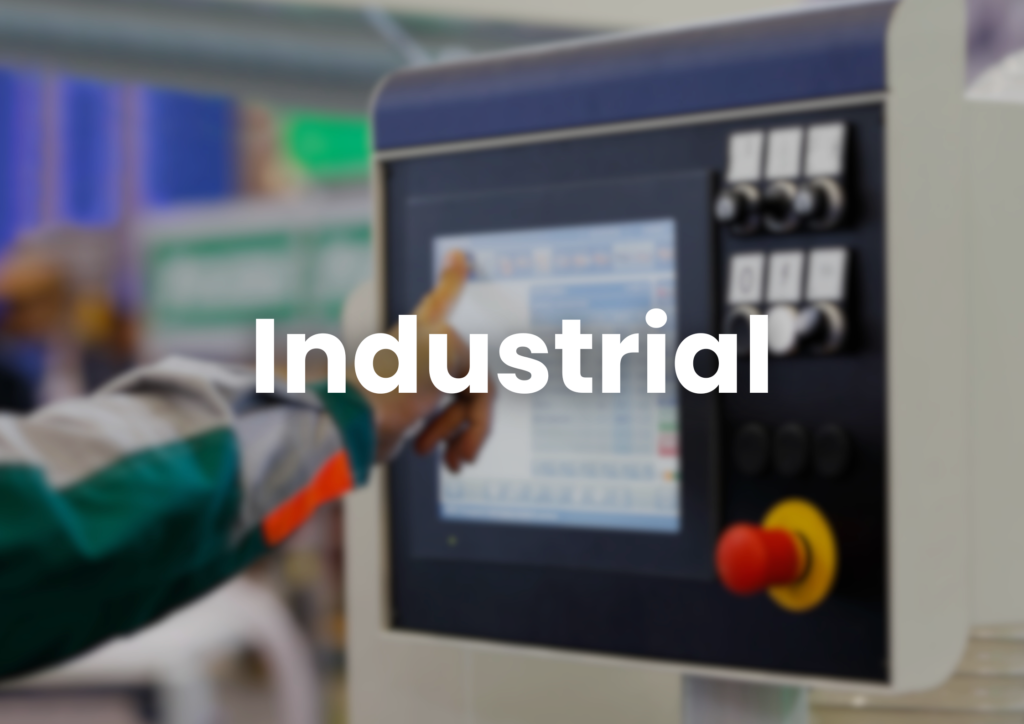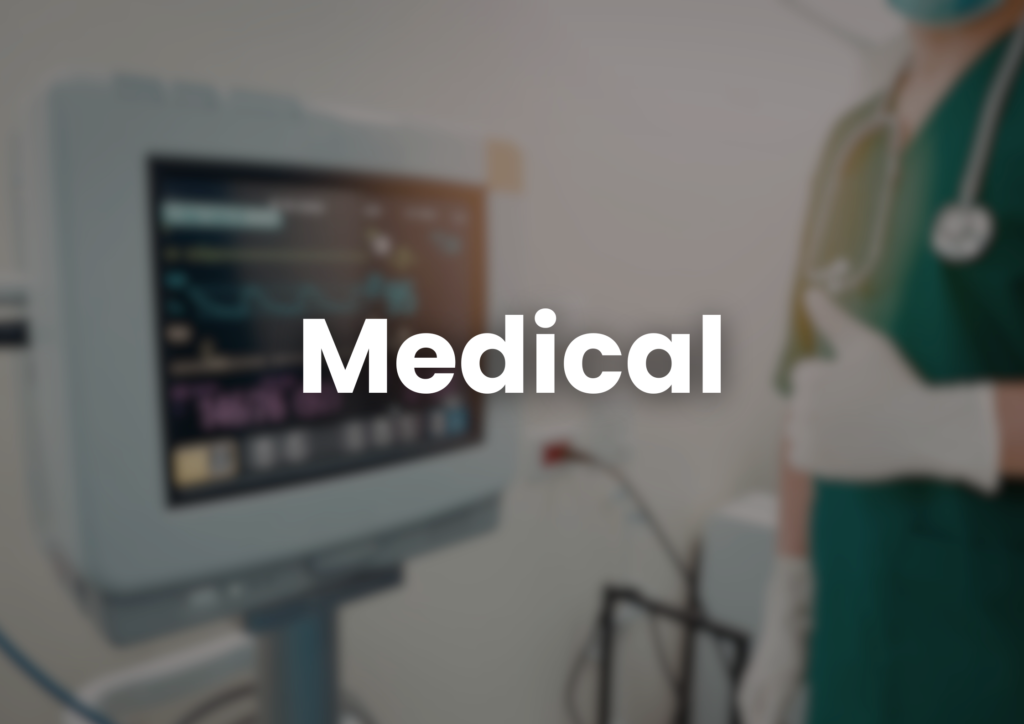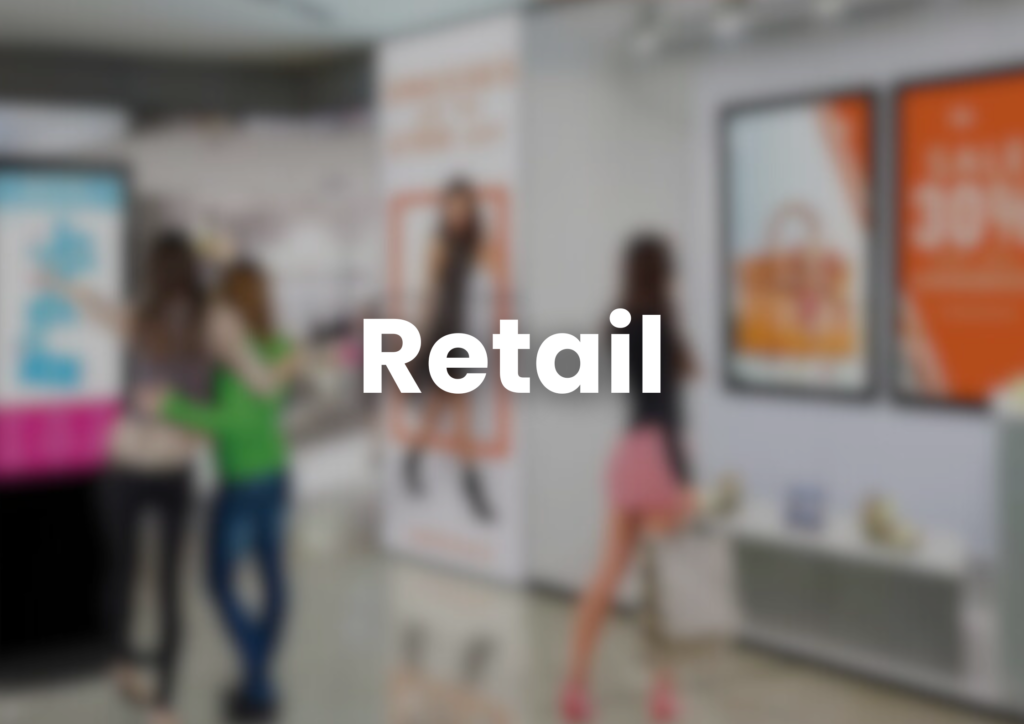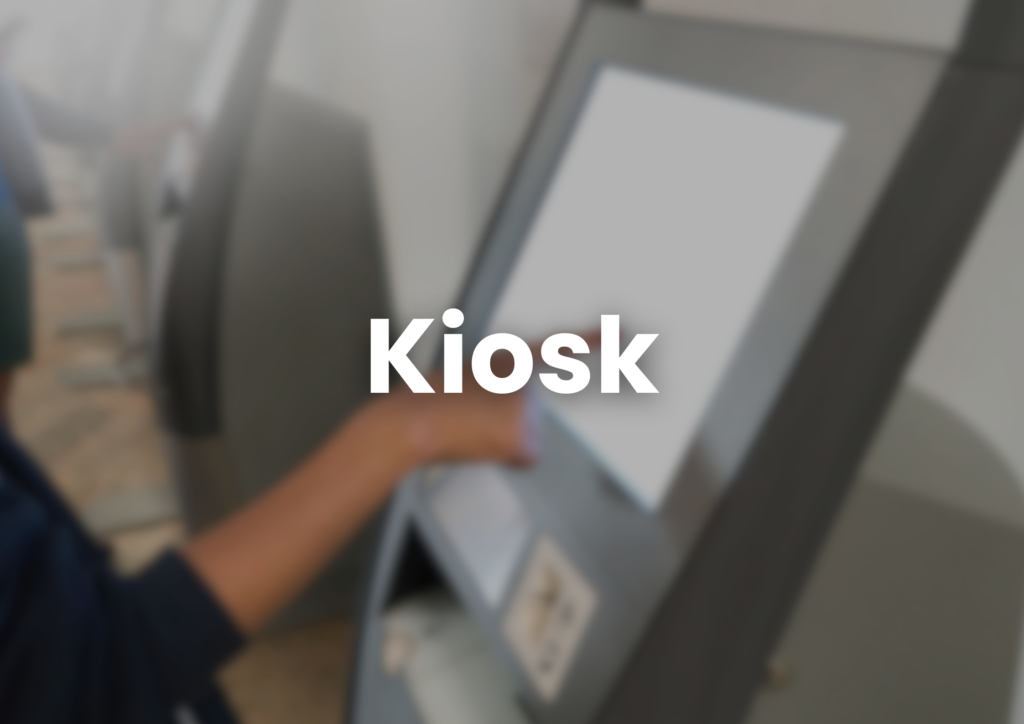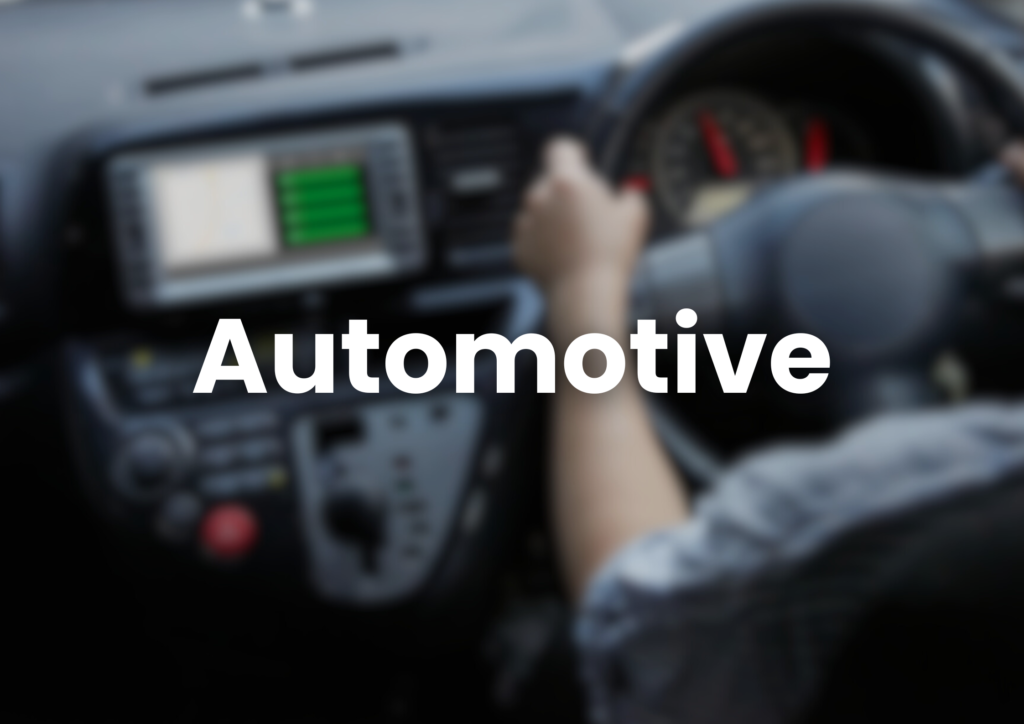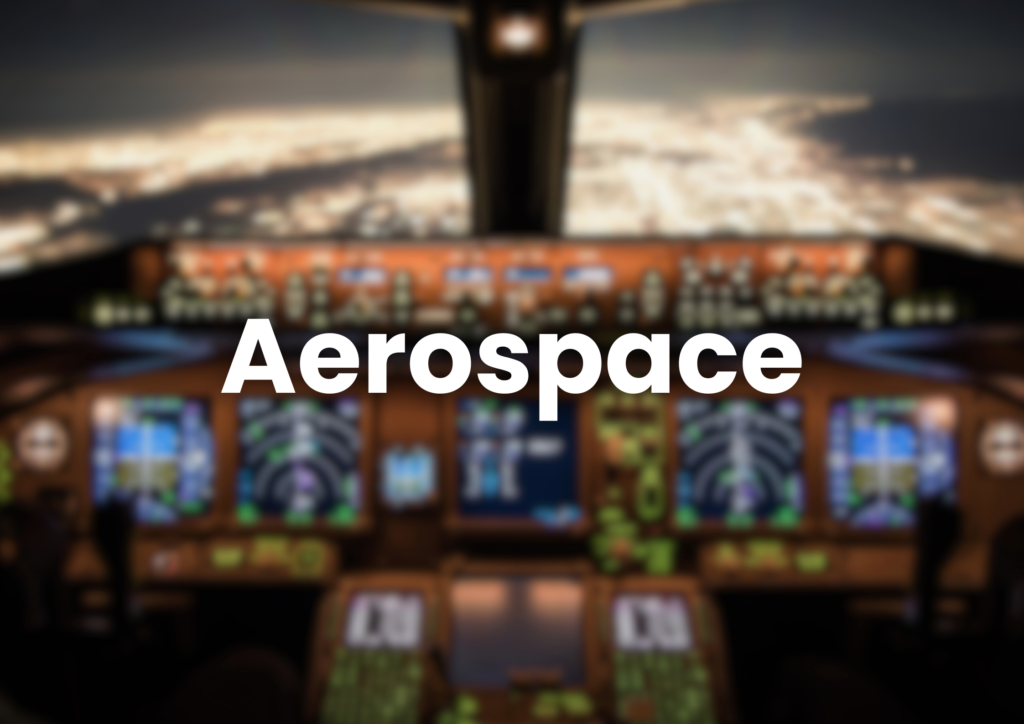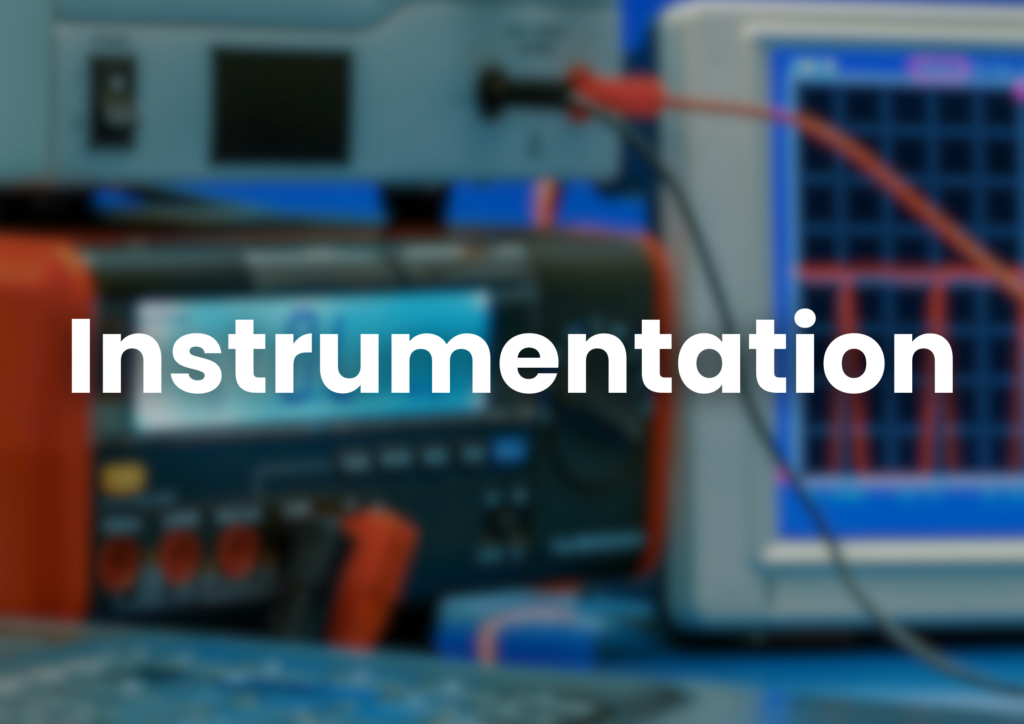Streamlining Kiosk Hardware to Support a Software-Centric Business
CDS saves customer time, money, and improves quality and reliability
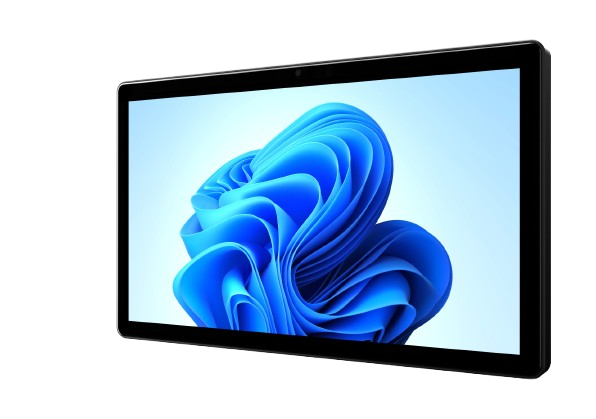
Overview
Background
For several years, we have partnered with a leading specialist software company, supplying a bespoke 19” display assembly kit that they integrated into kiosks designed for public user interaction. These kiosks are deployed in high-footfall environments, where reliability, durability, and usability are critical to ensuring positive customer engagement.
Our customer’s strength, and primary business focus, has always been their proprietary software. This software drives the user experience and differentiates their kiosks in a highly competitive market. By contrast, the hardware was often seen as a “necessary evil”: essential for the system to function, but not an area where they wished to dedicate significant resources or development time.
During the Covid pandemic, the client took the opportunity to re-evaluate their product portfolio and restructure their business to double down on their core strength: software development.
Challenges
The original bespoke hardware solution created several operational challenges for the customer:
- Minimum order and shipment quantities
Because the display assemblies were custom-built, the client had to commit to minimum order volumes that often exceeded the needs of individual contracts. This tied up capital and created storage issues. - Extended lead times
Long manufacturing and delivery lead times meant the customer could not always react as quickly as their business required, limiting their agility in responding to new contracts or market opportunities. - Resource and overhead burden
As the company built the wall-mounted kiosks themselves, they required additional specialist labour, storage facilities, and even extra insurance cover — all outside their core competency and strategic focus.
Solution
Working closely with the client, we identified and implemented a new hardware strategy. The Glory Star 15.6” Nebula Android touch tablet was selected as a direct replacement for the original bespoke display kit.
The tablet offered significant advantages:
- Finished solution — eliminating the need for in-house assembly, bulk stockholding, and additional logistics.
- Durability — designed to withstand the demands of public, high-traffic environments.
- Compatibility — ensuring seamless integration with the client’s proprietary software.
To enhance branding and usability, the operating system was customised with a branded splash screen on startup, while the firmware was pre-configured to the customer’s specifications. This meant tablets could be deployed directly to end clients for installation, without additional setup or engineering.
Outcome
The transition to the Nebula Android touch tablet delivered clear benefits:
- Refocused resources: The customer could concentrate fully on software, their core differentiator, without hardware distractions.
- Reduced costs and risks: Lower overheads for storage, labour, and insurance.
- Greater agility: A ready-to-deploy hardware solution enabled faster response to new contracts and opportunities.
- Ongoing reliability: Consistent, high-quality performance across kiosk deployments.
Conclusion
By taking ownership of the hardware challenge, we enabled our customer to simplify operations, reduce costs, and strengthen their business model. With a streamlined, branded hardware platform supporting their software, the client has been able to sharpen their competitive edge and continue delivering exceptional consumer interaction experiences, with innovation fully at the forefront.
Need More Information?
CALL US +44 (0)1634 791600
